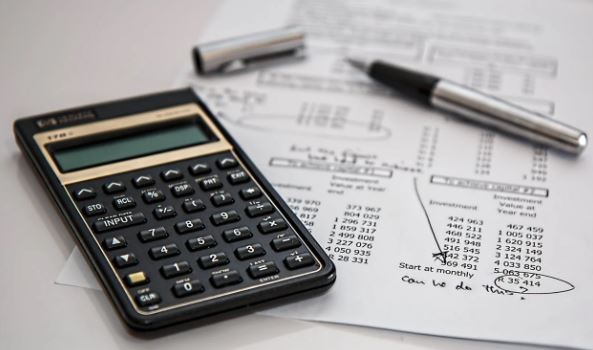Should I Register Myself as a Sole Trader or a Limited Company?

When you start your own business, one of the first and biggest decisions is choosing whether to register as a sole trader or as a limited company. Choosing the right legal structure for your new start-up can affect how tax efficient you will be as a business.
There are pros and cons to any type of business structure, so deciding which one is best for you depends on your particular circumstances. Read on to find out the differences between operating as a sole trader or as a limited company.
What’s the difference between a sole trader and a limited company?
If you decide to register as a sole trader, this means there’s no legal distinction between you and the business. Starting up a limited company means that the business is a separate legal entity to yourself, meaning any money the business makes belongs only to the company.
This idea of legal separation between you and the business is absolutely crucial, as it impacts your obligations as a business owner, reporting requirements, and even how you pay your tax as a business. The legal structure you use also affects how you pay yourself and how the business claims back any expenses.
How do I pay myself as a sole trader or a limited company?
As far as HMRC are concerned, sole traders and their business are the same thing, so they can keep all of the after-tax profits that the business makes. Sole traders pay tax and National Insurance by submitting a self-assessment tax return to HMRC.
If you operate as a limited company, the profits belong to the business, so instead, you might pay yourself a salary as an employee of the company, or dividend payments, or both.
What am I liable for as a sole trader or as a company?
There’s no legal distinction between a sole trader and their business, so you’re personally liable for what happens which includes any debts. Forming a company limits liability for the directors and shareholders. Any debts are the company’s liability, and not yours personally.
Obligations and deadlines for sole traders and limited companies
Being a sole trader means there is slightly less admin than there is if you run a limited company. You’ll still need to keep detailed records of financial activity for your business, whichever structure you choose.
Choosing the right legal structure for your new business
How you decide to operate your business is down to you, but there are a few things to consider:
- Is your profit figure £30,000 or more?
- Is this a high-risk business in terms of potential liability?
- Do you have income from another job?
Answering yes to any of these can indicate that registering as a limited company might be more beneficial due to the level of income, suggesting that incorporating a company is likely to be more tax efficient.
Registering your new business
The way you register your business depends on whether you decide to become a sole trader or operate as a company.
Registering your business as a sole trader
Sole traders register by signing up for self-assessment with HMRC. The deadline for a sole trader to register for Self Assessment is 5th October in the business’ second tax year. So, if you became a sole trader in July 2022, make sure you register for Self Assessment by 5th October 2023 to avoid any fines!
Registering your business as a limited company
Setting up your new business as a limited company has a slightly different process than becoming a sole trader. You’ll need to register the business with Companies House, which will sign you up for corporation tax and issue a certificate of incorporation.
Hiring a dedicated personal accountant can provide the practical and financial know-how to help your business thrive if you’re a business owner. Lumbview Accounts specialise in business accounts management, optimising your tax efficiency and financial management so that you can focus on what matters – running your company.
Find out more about Lumbview Accounts today.








